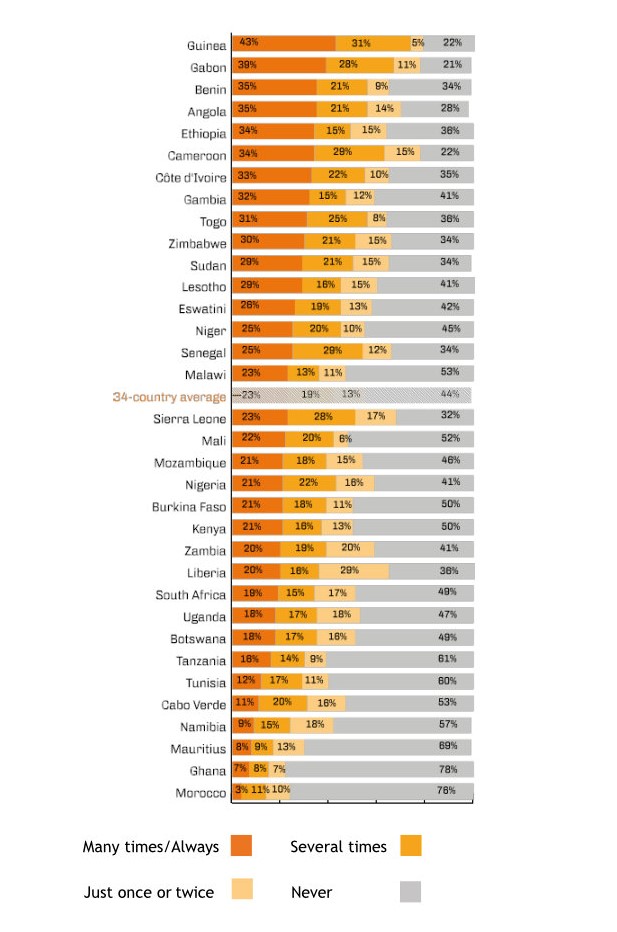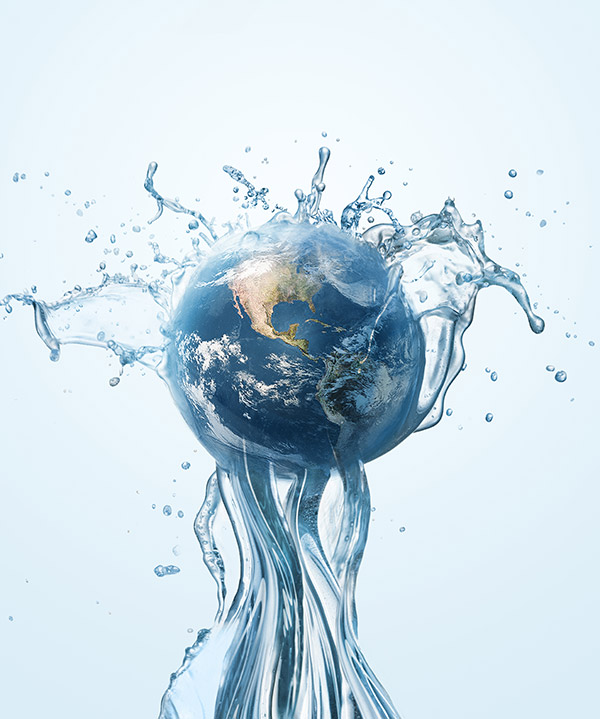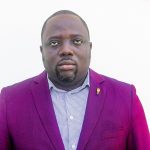As the world celebrates World Water Day next week on March 22, which coincides with the UN 2023 Water Conference, the first since 1977, high attention will be given to what UN Secretary-General, António Guterres describes as the world’s lifeblood, and it’s been billed as “a once-in-a-generation opportunity” to unite mankind behind a single agenda for water and sanitation for all.
“The UN 2023 Water Conference in March must result in a bold Water Action Agenda that gives our world’s lifeblood the commitment it deserves”; says António Guterres, Secretary-General of the United Nations
For Africa, It’s a critical issue in which the majority of people still suffer shortages of safe drinking water.

Afrobarometer surveys in 34 African countries found that, on average, 56% of citizens say they went without enough clean water for household use at least once in the previous year. Almost a quarter (23%) suffered this form of deprivation “many times” or “always.”
Frequent water shortages affected about four in 10 households in Guinea (43%), Gabon (39%), and Liberia (20%). In contrast, fewer than one in 10 Moroccans (3%), Ghanaians (7%), Mauritians (8%), and Namibians (9%) reported frequently going without enough water.
“Accelerating change,” the theme of World Water Day (22 March), is critical for a continent where clean water deprivation persists. On average across 30 countries included in each of the last four survey rounds, the proportion of respondents who went without enough water actually increased by four percentage points over the past decade.
In the quest to complement the UN 2023 Water Conference with hopeful and inspiring activities, the Netherlands and Tajikistan have joined forces with the New York City government for New York Water Week. There will be workshops, high-level discussions, hackathons, and much more.
Liberian-born Emmanuel Orlind Cooper is an accomplished multimedia journalist with extensive experience covering news and stories on a variety of media platforms. Orlind's work frequently demonstrates his profound grasp of the region and its complexity, given his Liberian heritage.
Now residing in Woodbridge, Virginia, he keeps connecting with readers across continents with his perceptive journalism and sharing his viewpoint. He is well-respected in the sector because of his unwavering commitment to honesty and morality, which sets him apart in the field.
Orlind's work is more than simply his job; it's a dedication to giving voice to the voiceless, illuminating unsung tales, and advancing the worldwide conversation on important concerns. His goal as a journalist is to use the media's power to change the world, not just to disseminate information. He is a key player in modern journalism because of the inspiration, education, and engagement that his work consistently provides.


